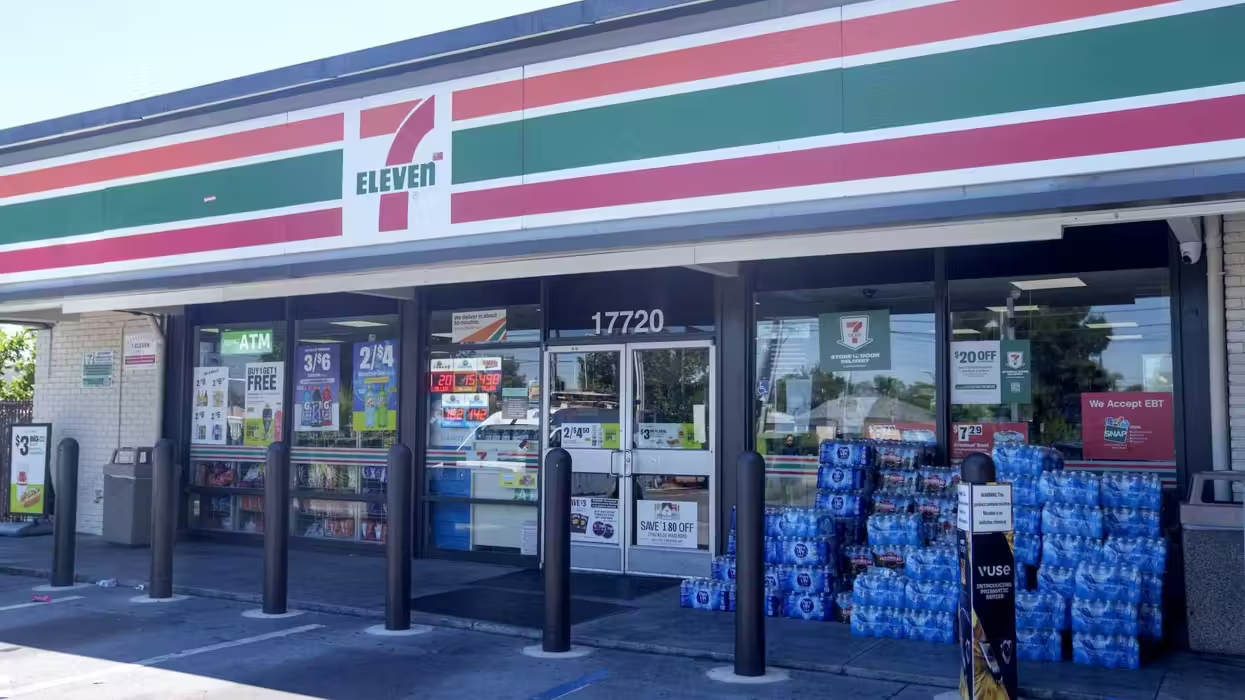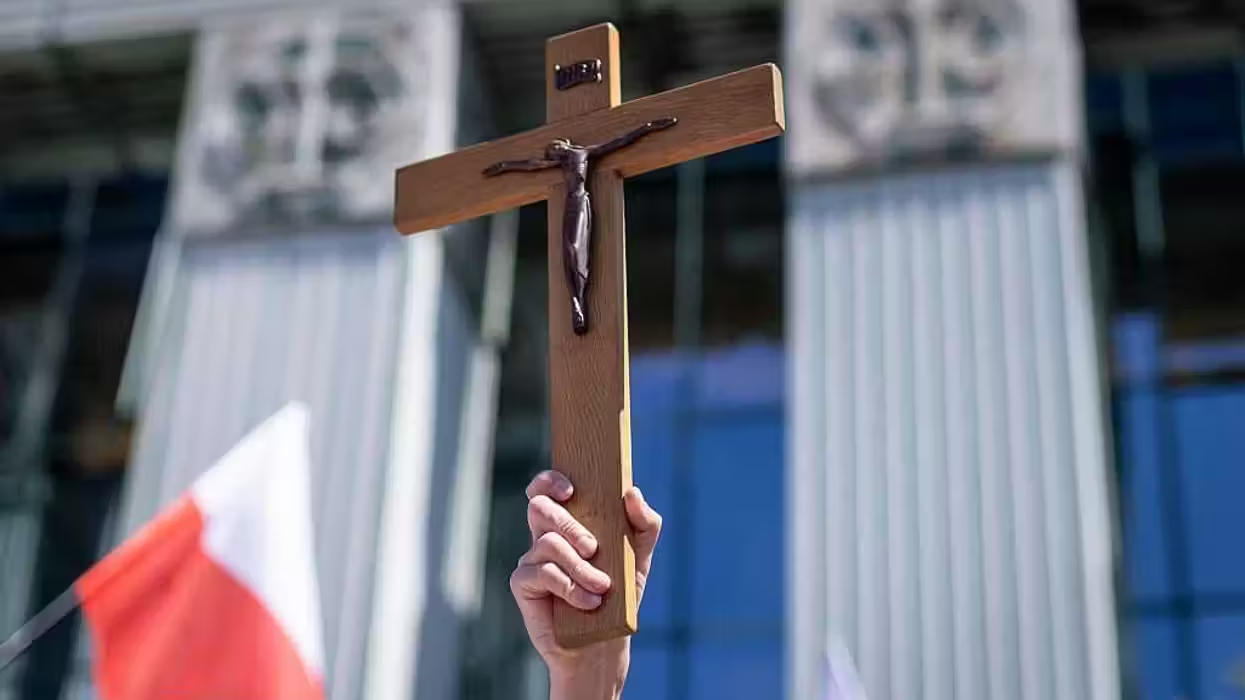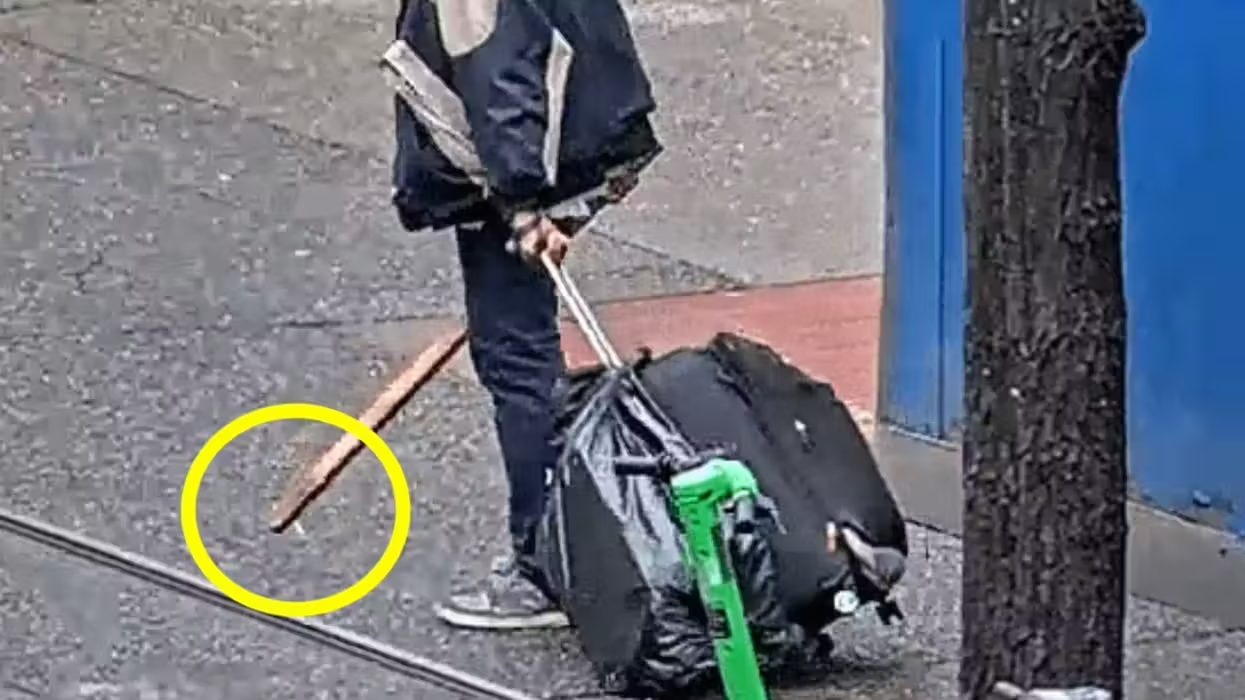© 2025 Blaze Media LLC. All rights reserved.
Detroit Unveils New 9-1-1 Policy: No Serious Danger? You'll Get Transferred
March 12, 2012
"It's giving criminals the wrong idea."
The Detroit Police Department unveiled a new 9-1-1 policy recently, and it's got some people worried. Why? Because unless there seems to be an imminent threat, callers will get transferred to a crime reporting unit.
"This is how it works," WJBK-TV explains. "If you've been held up and the gunman is long gone, or you've been assaulted but not too badly, or your home has been broken into, that's not 911 anymore. They'll transfer you or you can call the Telephone Crime Reporting Unit yourself at 313-267-4600."
The exact criteria is murky, but according to WJBK, if there is no immediate threat, if the crime is not in progress, and if the criminals have left the scene, the department isn't going to waste its time to scramble officers.
"The aim is to reduce the number of calls considered 'non-emergency,'" the Detroit News reports, "ones not requiring immediate service or an officer's presence — and redirect 40 percent of the calls for service to the unit."
So who responds to those non-emergency calls?
"Non-emergency calls for service are handled by police officers (limited duty status) and/or civilian personnel," the department said, according to the news.
The Detroit News outlines the policy that will guide how dispatchers will now group calls:
Priority 1. Considered an emergency; police are dispatched for situations including the perpetrator still on the scene; emergency medical service is needed or requested; and the preservation of evidence or the protection of the crime scene is urgent.Priority 2: Considered serious; police are dispatched but the situation is stabilized. Same criteria as Priority 1, except the crime or incident is in progress or happened within 15 minutes and the likelihood of apprehension is high or low.
Priority 3: Not considered serious; police dispatched because assistance is needed, but not urgently. Similar to Priority 2, but the incident occurred less than 15 minutes earlier. These can include a break-in or house-stripping.
Priority 4: Not considered serious; police dispatched or runs may be redirected to T.C.R.U. only when the incident is not in progress; the perpetrator is not on the scene; it occurred more than 15 minutes earlier; and the likelihood of apprehension is low.
Priority 5: Not serious; T.C.R.U. handles. Similar to Priority 4, but apprehension is unlikely and damage or loss is less than $10,000.
"It's giving criminals the wrong idea," Tony Wright, a retired Detroit homicide detective, told the station. "If you want to do something, do it in Detroit. The police won't show up."
The plan is apparently part of the department's attempt to save money. Last year, the department also stopped automatically responding to burglar alarms.
Want to leave a tip?
We answer to you. Help keep our content free of advertisers and big tech censorship by leaving a tip today.
Want to join the conversation?
Already a subscriber?
Jonathon M. Seidl is a former managing editor of Blaze News and a best-selling author and speaker. His next book, “Confessions of a Christian Alcoholic,” will be released on October 7, 2025.
Jonathon M. Seidl
Jonathon M. Seidl is a former managing editor of Blaze News and a best-selling author and speaker. His next book, “Confessions of a Christian Alcoholic,” will be released on October 7, 2025.
more stories
Sign up for the Blaze newsletter
By signing up, you agree to our Privacy Policy and Terms of Use, and agree to receive content that may sometimes include advertisements. You may opt out at any time.
Related Content
© 2025 Blaze Media LLC. All rights reserved.
Get the stories that matter most delivered directly to your inbox.
By signing up, you agree to our Privacy Policy and Terms of Use, and agree to receive content that may sometimes include advertisements. You may opt out at any time.






